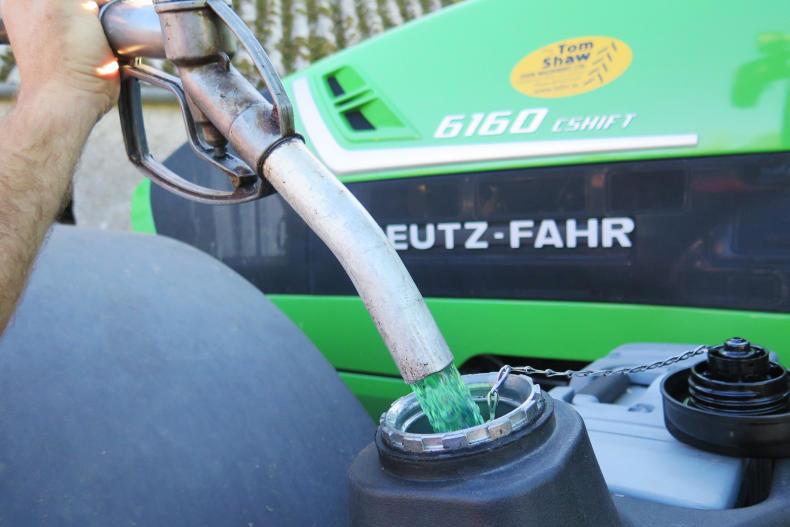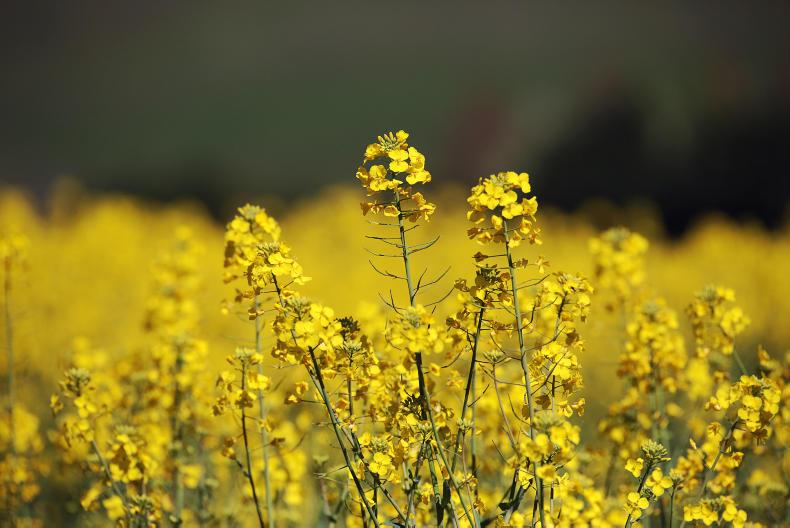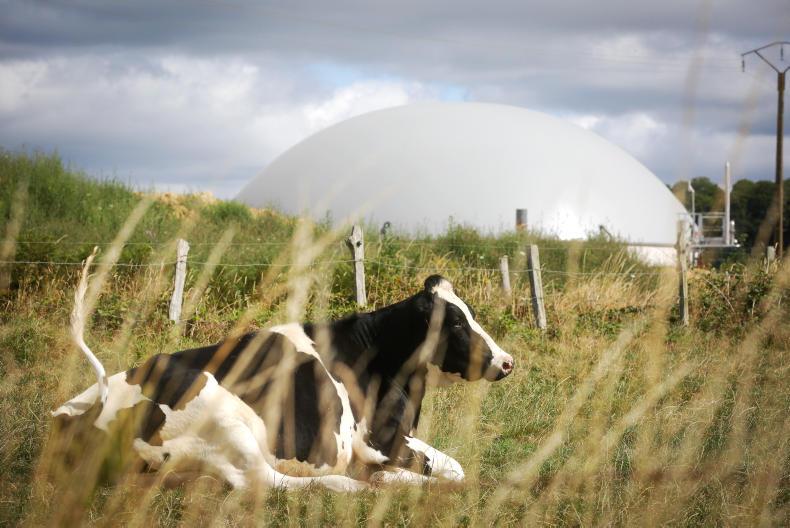The Department of Communications, Climate Action and the Environment has launched a public consultation on its proposal to increase the biofuels obligation rate gradually from 8% currently to 12% in 2020. This would ensure the country meets its EU target for renewable energy in the transport sector by then.
“Ireland aims to meet the 10% renewable energy target in the transport sector through the increased use of sustainable biofuels, with electric vehicles also making a contribution,” the consultation paper reads.
Members of the public are invited to make submissions on this proposal and its implementation, such as the cost and types of biofuels that could be used, or to suggest alternative solutions.
E10 and B7
One technical challenge is that increasing the obligation rate will involve fuels with higher concentrations of biofuel, such as E10, which is petrol blended with 10% ethanol and B7, which is diesel blended with 7% biodiesel. “E10 is not suitable for fuelling some cars currently in use in Ireland,” the paper warns. “This may lead to a need for changes in forecourt infrastructure (eg to provide one pump for E10 and another for a lower biofuel blend).”
Another challenge is Brexit, as the Department warns that Ireland relies heavily on UK refineries to source and blend those mixed fuels.
Biofuels are imported at more competitive prices which domestic producers have not been able to compete with
Despite being derived from agricultural crops and food processing supply chains, the biofuels obligation has so far delivered very little benefits to Ireland’s agri-food sector.
Apart from biodiesel made from used cooking oil and tallow from meat factories, the consultation paper notes that “while the Biofuels Obligation Scheme has so far increased the use of biofuels in Ireland, it has not increased the production of indigenous biofuels as biofuels are imported at more competitive prices which domestic producers have not been able to compete with, resulting in major fuel companies bypassing smaller indigenous producers”.
From first-generation to advanced biofuels
The consultation also asks how Ireland should comply with increasingly strict EU regulations to avoid the displacement of food crops by biofuels, especially by restricting the use of so-called first-generation fuels directly derived from food products such as grain or rapeseed. European policy is shifting towards the use of waste byproducts or more efficient purpose-grown energy crops.
The EU-wide farming organisation Copa-Cogeca and the ICSA in Ireland have opposed this move, arguing that first-generation biofuels are avoiding €30bn worth of fossil fuel imports into Europe every year and generating affordable livestock feed as byproducts.
The Department’s public consultation is open online until 19 January.
Read more
Full coverage: renewable energy
The Department of Communications, Climate Action and the Environment has launched a public consultation on its proposal to increase the biofuels obligation rate gradually from 8% currently to 12% in 2020. This would ensure the country meets its EU target for renewable energy in the transport sector by then.
“Ireland aims to meet the 10% renewable energy target in the transport sector through the increased use of sustainable biofuels, with electric vehicles also making a contribution,” the consultation paper reads.
Members of the public are invited to make submissions on this proposal and its implementation, such as the cost and types of biofuels that could be used, or to suggest alternative solutions.
E10 and B7
One technical challenge is that increasing the obligation rate will involve fuels with higher concentrations of biofuel, such as E10, which is petrol blended with 10% ethanol and B7, which is diesel blended with 7% biodiesel. “E10 is not suitable for fuelling some cars currently in use in Ireland,” the paper warns. “This may lead to a need for changes in forecourt infrastructure (eg to provide one pump for E10 and another for a lower biofuel blend).”
Another challenge is Brexit, as the Department warns that Ireland relies heavily on UK refineries to source and blend those mixed fuels.
Biofuels are imported at more competitive prices which domestic producers have not been able to compete with
Despite being derived from agricultural crops and food processing supply chains, the biofuels obligation has so far delivered very little benefits to Ireland’s agri-food sector.
Apart from biodiesel made from used cooking oil and tallow from meat factories, the consultation paper notes that “while the Biofuels Obligation Scheme has so far increased the use of biofuels in Ireland, it has not increased the production of indigenous biofuels as biofuels are imported at more competitive prices which domestic producers have not been able to compete with, resulting in major fuel companies bypassing smaller indigenous producers”.
From first-generation to advanced biofuels
The consultation also asks how Ireland should comply with increasingly strict EU regulations to avoid the displacement of food crops by biofuels, especially by restricting the use of so-called first-generation fuels directly derived from food products such as grain or rapeseed. European policy is shifting towards the use of waste byproducts or more efficient purpose-grown energy crops.
The EU-wide farming organisation Copa-Cogeca and the ICSA in Ireland have opposed this move, arguing that first-generation biofuels are avoiding €30bn worth of fossil fuel imports into Europe every year and generating affordable livestock feed as byproducts.
The Department’s public consultation is open online until 19 January.
Read more
Full coverage: renewable energy









SHARING OPTIONS